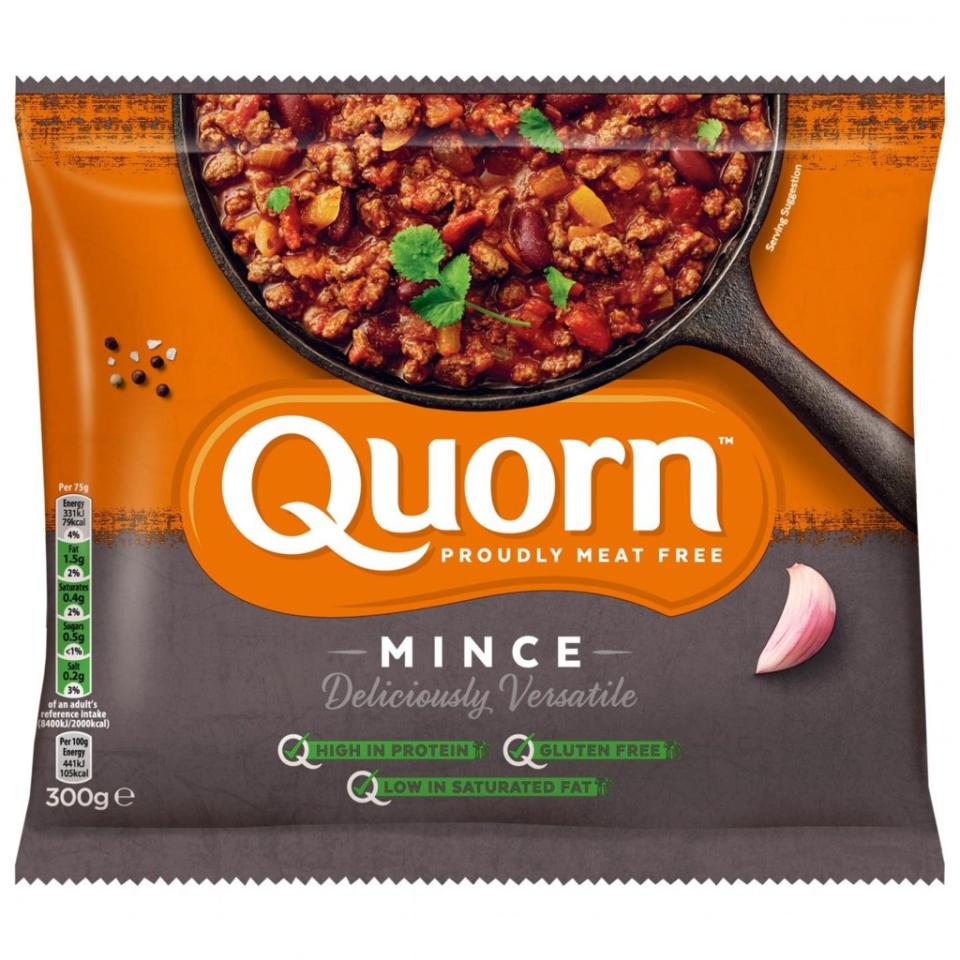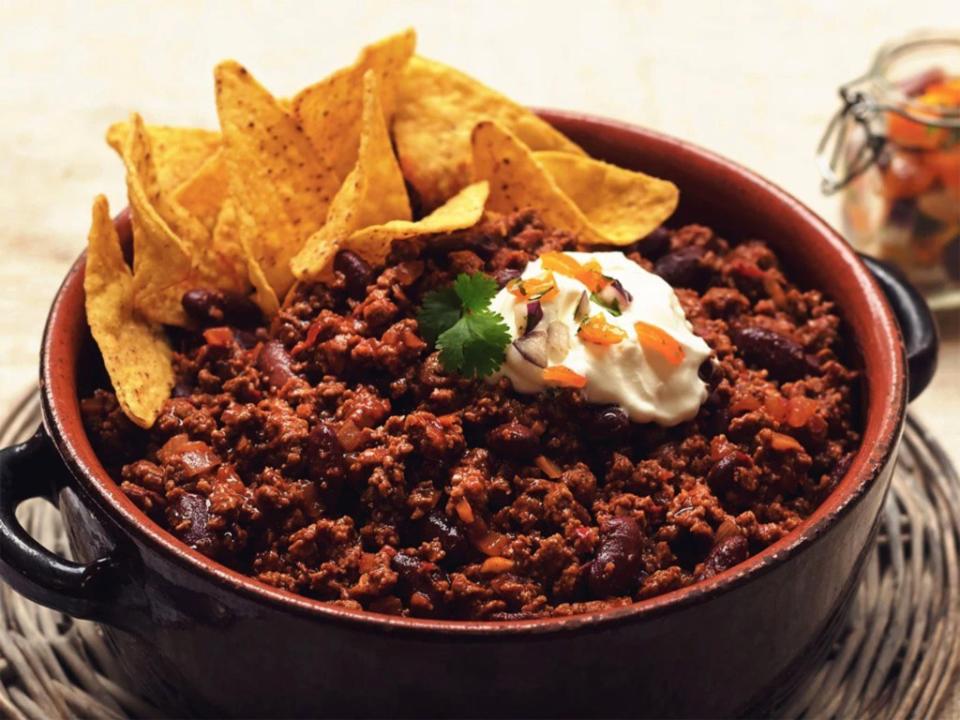Swapping meat for plant protein lowers bad cholesterol by 10%: study

Mooove over, beef.
Swapping meat for mycoprotein — a protein made from fungus that’s found in Quorn-brand frozen products — could help lower bad cholesterol by 10%, results from a new four-week study show.
Researchers compared the decrease to the benefits of switching to a Mediterranean diet, which favors whole grains, fruits, vegetables, beans and healthy fats.
“Previous laboratory studies, where all food eaten is controlled and alcohol and caffeine consumption regulated, have clearly shown that daily consumption of mycoprotein reduces bad cholesterol,” Dr. George Pavis, the University of Exeter postdoctoral researcher who led the study, explained in a statement.
“But this is the first study of its kind to explore the impact of such a dietary intervention in a real-world, home-based setting where participants were not restricted in terms of what else they consumed or did,” he added.
In this study, 72 overweight adults with high cholesterol were divided into two groups. Thirty-nine participants received meat and fish products to eat as part of their regular diet, while 33 people were provided Quorn.


Those who ate 180 grams of Quorn — more than half of a 12-ounce bag of meatless grounds, for example — every day experienced a 13% drop in blood glucose levels and a 27% decrease in C-peptide concentrations on average. A high level of C-peptide could indicate Type 2 diabetes.
They also saw a 0.3 millimole per liter decrease in bad cholesterol levels in less than a month.
A 0.39 millimole per liter drop in bad cholesterol has been tied to a 25% lower lifetime risk of heart and circulatory disease.
The researchers, whose work was published in January in the journal Clinical Nutrition, say further studies should examine what happens when Quorn is consumed over a longer period.

The findings come as nearly 2 in 5 American adults have high cholesterol, while about 1 in 10 Americans have diabetes.
Research has found that embracing the Mediterranean diet can lower bad cholesterol levels and help balance blood sugar levels.
“While the benefits of adopting a Mediterranean diet are clear, it’s not always easy to do and this study highlights how, by simply introducing Quorn products into their diet on a regular basis, people may be able to quickly reduce their cholesterol levels and improve their heart health with minimal effort,” Sam Blunt, Quorn’s director of sustainability and corporate affairs, said in a statement.

